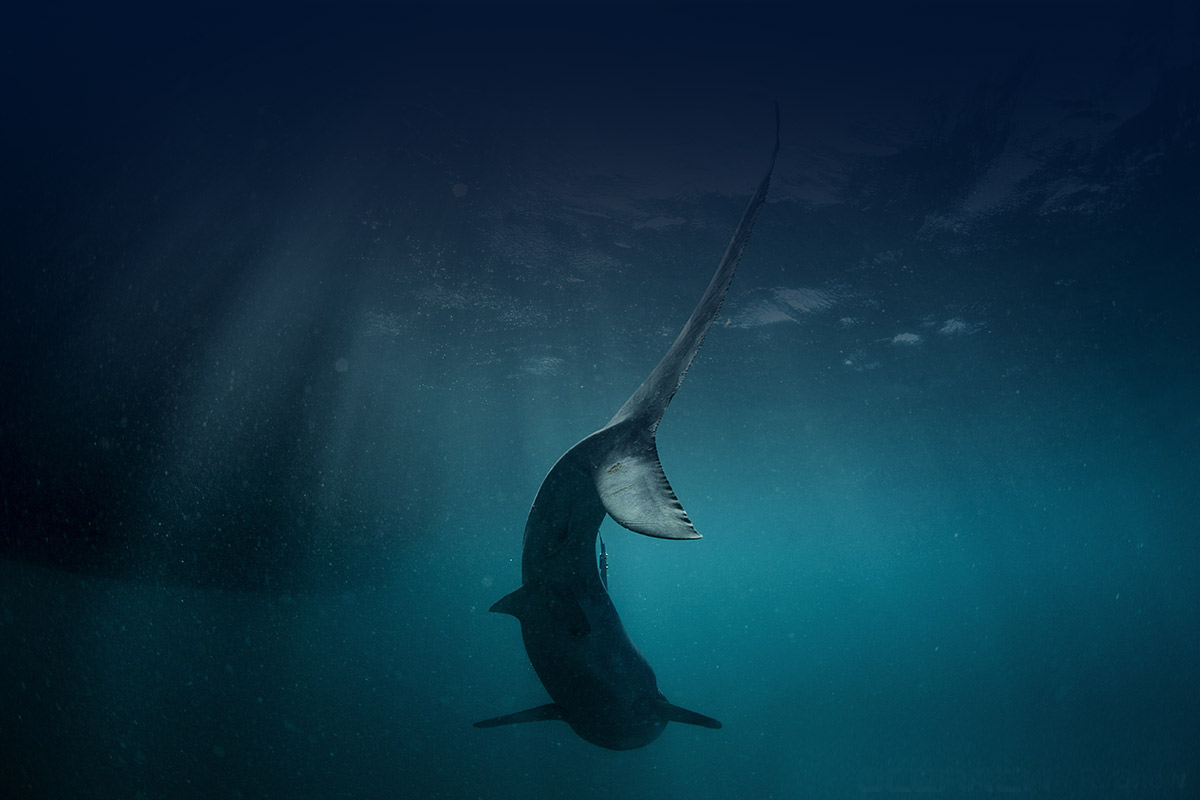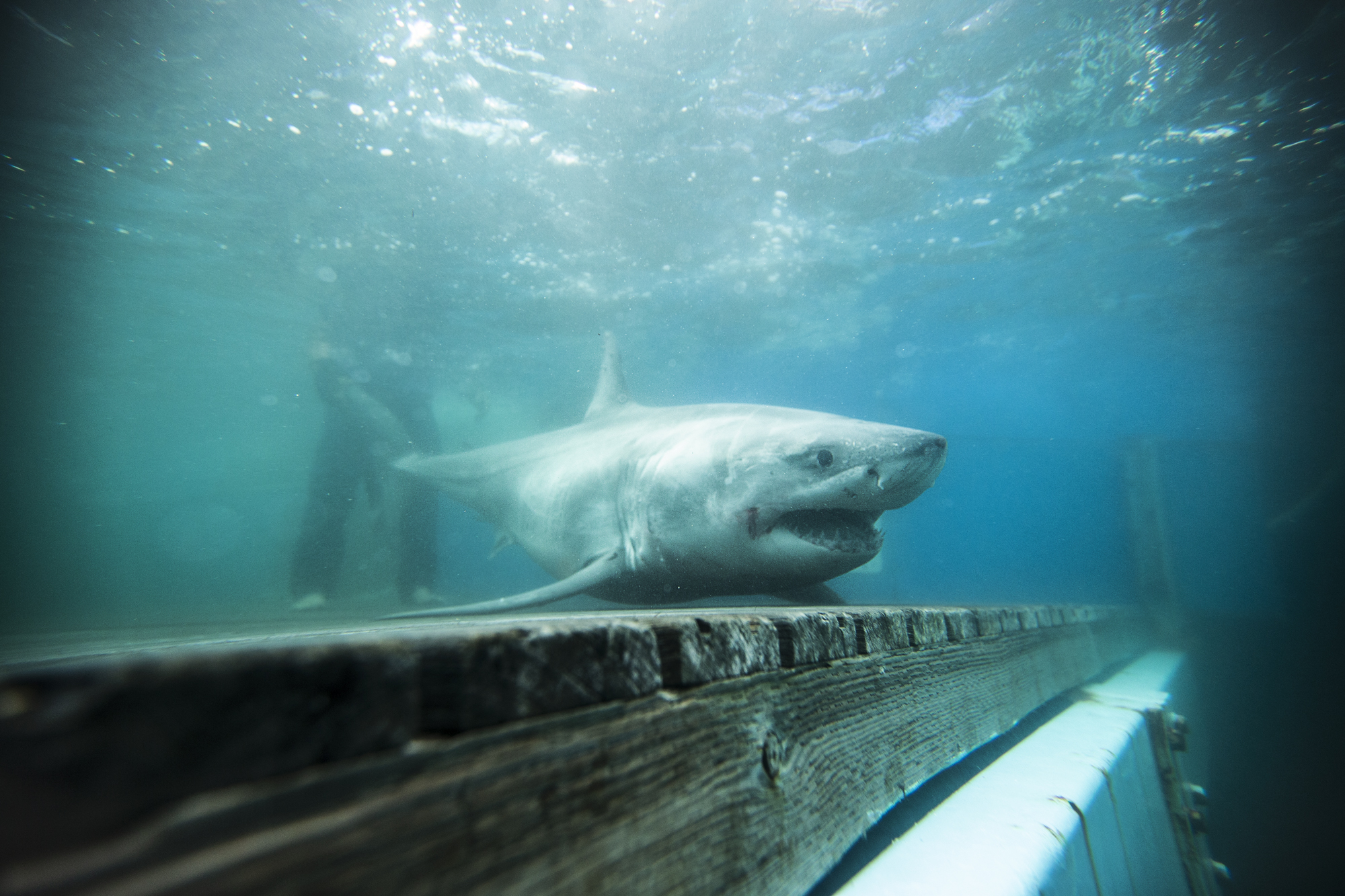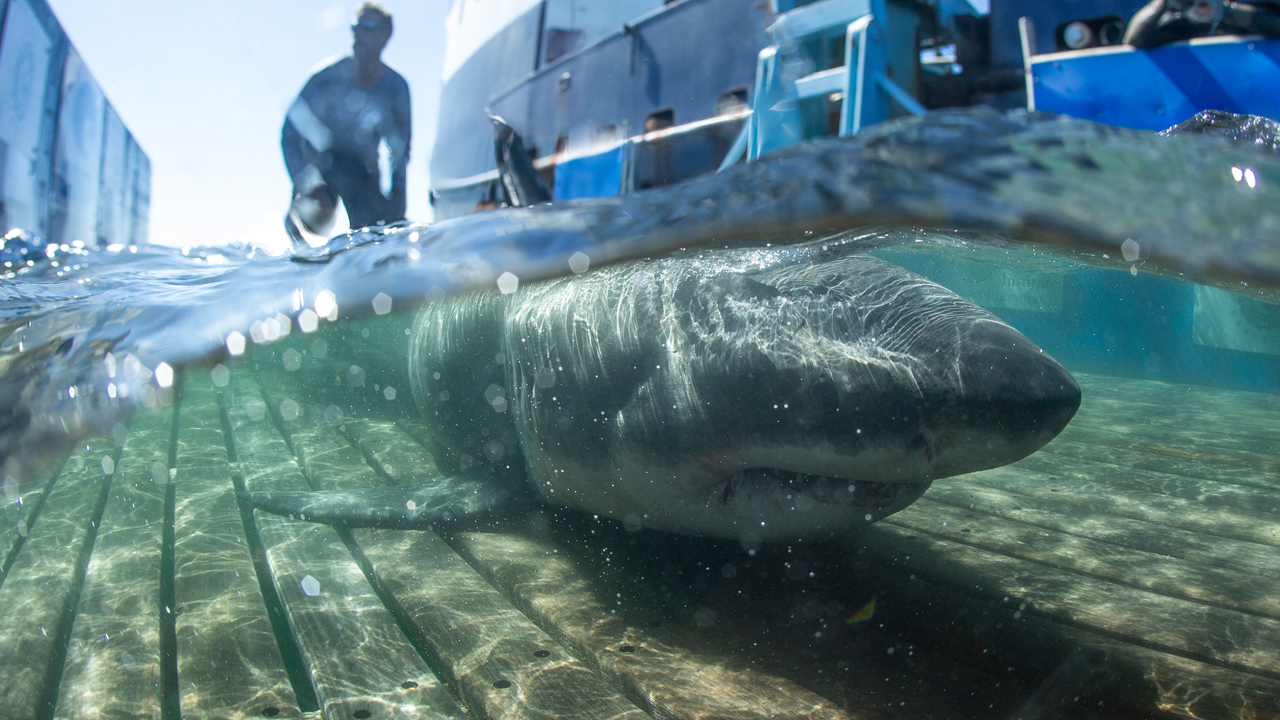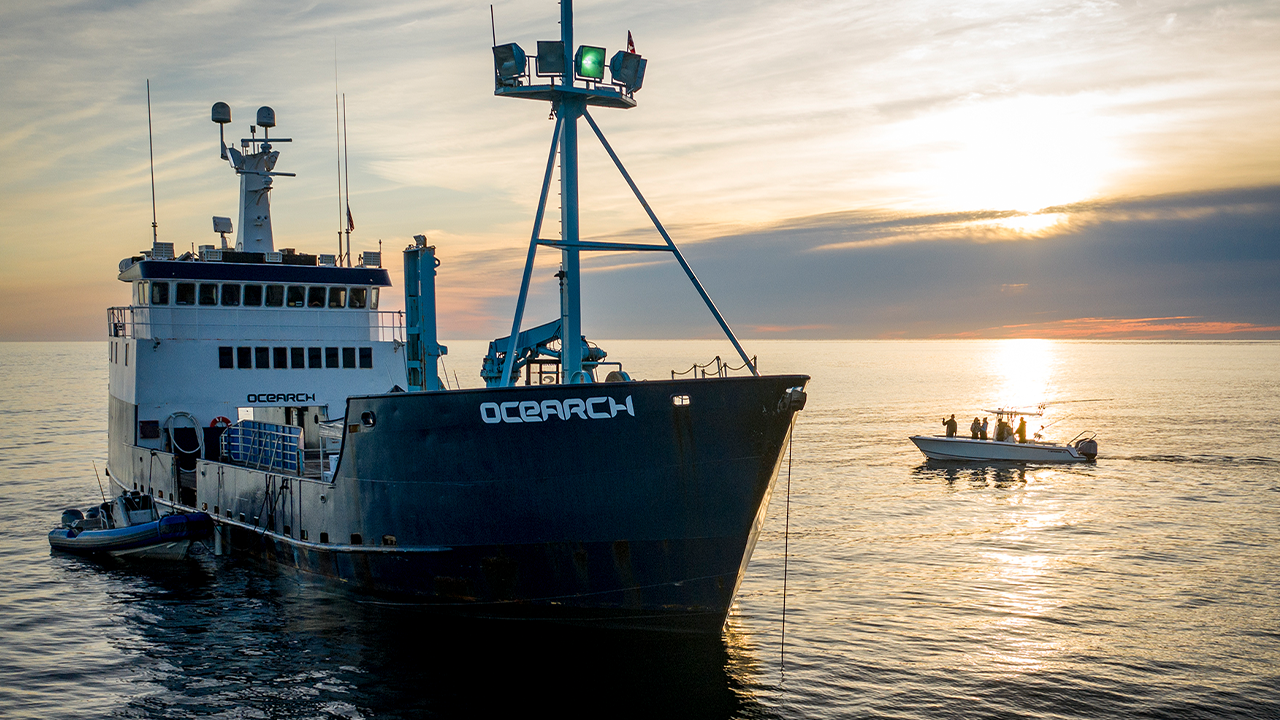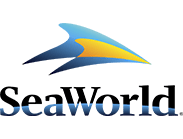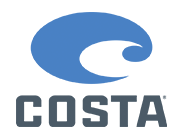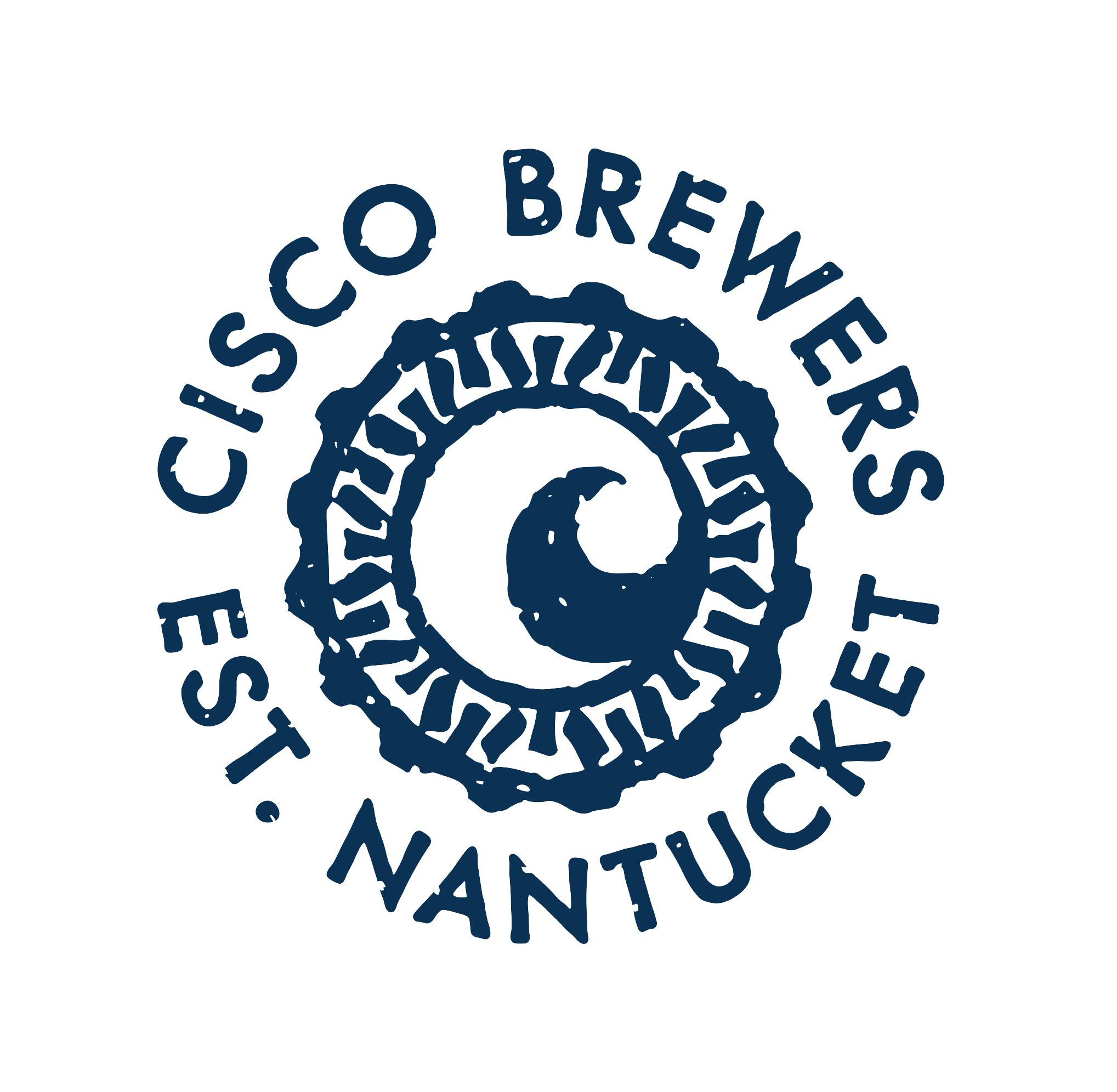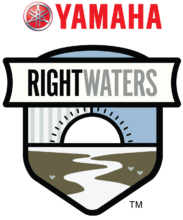SPAIN & FRANCE (JULY 29 – AUGUST 27)
Ruthlessly persecuted. Completely misunderstood. Now critically endangered. OCEARCH is traveling over 4,000 miles to explore European waters and study the Mediterranean white shark population. A study of this kind has never been done before.
White sharks are classified as critically endangered in the Mediterranean Sea and this region is in desperate need of conservation measures to reduce the effects of overfishing, pollution, and habitat destruction that threaten its future. Our large apex predators create balance and abundance in marine ecosystems; if we can save our sharks in the Mediterranean, we can save the Mediterranean.
Confirmed sightings of white sharks are a rare occurrence in the eastern North Atlantic, but have been confirmed in the Bay of Biscay along the Spanish and French coasts. Credible accounts of white shark observations have also been made along the southern and northern extents of the United Kingdom. It is believed that the white sharks in this region are part of the Mediterranean population, and leave the Mediterranean Sea to forage in eastern North Atlantic waters on seals and tuna. Finding white sharks at feeding sites has been a successful strategy for OCEARCH’s work with other populations. For this reason, we will begin our work on the Mediterranean population by seeking white sharks in the eastern North Atlantic off the coasts of Spain, France and Ireland.
Just one shark could begin to unlock the secrets of the Mediterranean white shark population and help us protect the region.

MEET A SHARK SWEEPSTAKES
Join us on board the M/V OCEARCH for the unique opportunity to meet a white shark on an upcoming ocean research expedition to Spain, France, and Ireland!
OCEARCH CREW
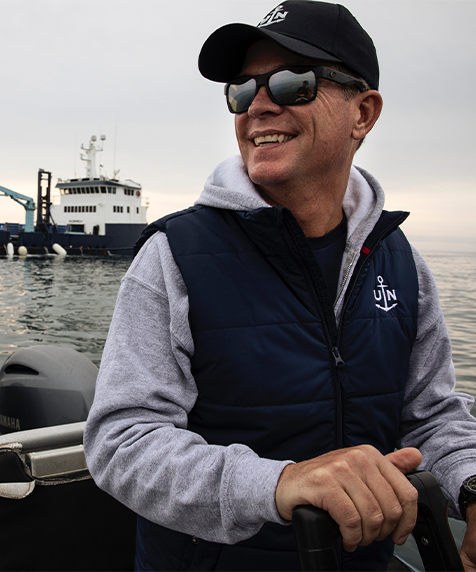
Fischer
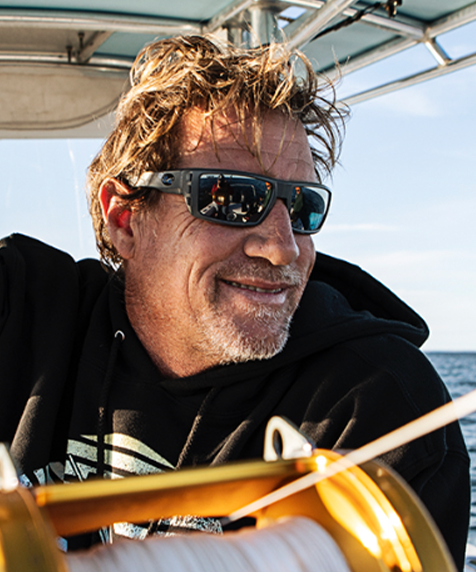
McBride

Newton, VMD, Dipl.ACVP
OCEARCH
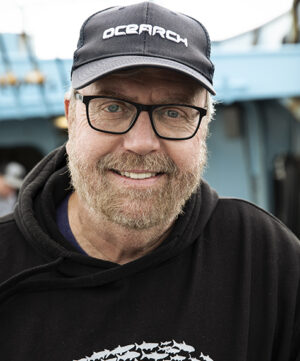
Hueter

Tyminski
OCEARCH
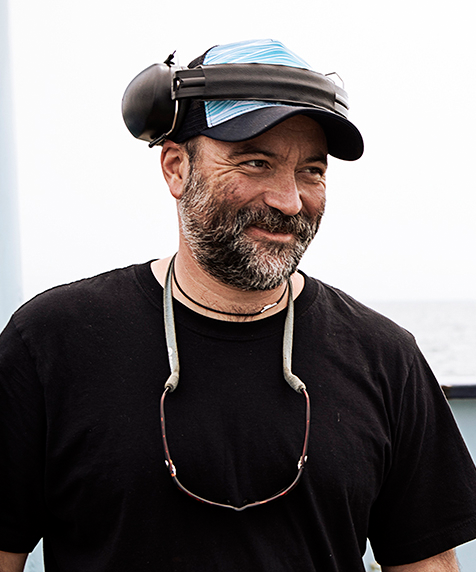
Stevenson
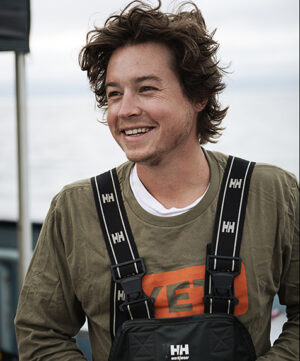
Lettieri

Purcell

Skaff
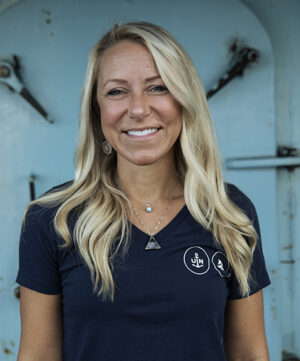
Ralston
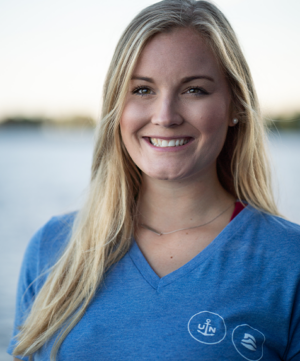
Finney
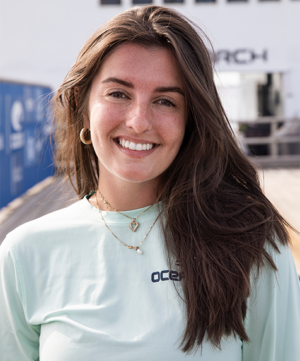
McAlhany

Barton
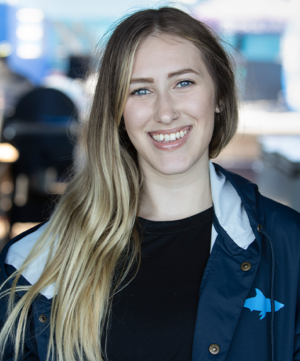
Thomas

What type of samples do you expect to collect during this expedition?
The team will collect blood, mucus, parasites, muscle, fin clips, eye measurements, feces, urine, and semen, whenever possible. Ultrasound exams will also be performed to examine reproductive and heart health.
Can you describe your process for tagging sharks?
Sharks are caught and guided to the platform using a handline. Once the sharks are on the platform and hoses of water have been set to enable the flow of oxygen, they are tagged and sampled. The tagging, handling and sampling procedures employed during the expedition follow the standards of the Institutional Animal Care and Use Committees (IACUC.org) of each institution, which is made up of scientists and veterinarians.
Will the sample collection impact the sharks health?
While the tagging method, which has been used on sharks and other species for over a half-century may cause some level of brief discomfort, there is no scientific evidence that it impacts their behavior or survival post-release. In fact, data from the OCEARCH Global Shark Tracker™ provides strong evidence that the animals tagged using this method show long-term survival and long-distance migrations indicative of normal function and reproductive cycles.
What does the data from the OCEARCH Global Shark Tracker™ tell us about sharks?
The data allows us to see the range and migration patterns of sharks in different parts of the world, and helps us uncover the areas in need of protection. The tracking data allows studies such as the examination of fine and broad-scale movements, habitat use, site fidelity, residency, and feeding behavior of white sharks. The data we’ve enabled so far has allowed scientists to figure out the mating of the species on the west coast of Mexico – Guadalupe Island. Scientists have also documented the first migration of white sharks to the Gulf of Mexico and the mid-Atlantic ridge.
What happens to the data you've collected?
The data is shared in an open source environment with collaborating institutions that utilize it to conduct studies that are eventually published in peer-reviewed scientific journals. The papers, which can take 2-5 years to publish, are used to assist in policy decisions. So far, there have been over 90 papers published based on OCEARCH expeditions and resulting studies.
How can I follow the expedition?
Follow OCEARCH on social media @OCEARCH. You can also follow the sharks tagged in real-time for free on the OCEARCH Global Shark Tracker™.
Who supports the expedition?
Our corporate Sponsors: Costa Sunglasses, Yamaha RightWaters, SeaWorld, YETI Coolers, Cisco Brewers, Jacksonville University, Landrys, Contender, and individuals like you support the expedition through donations or making purchases in our online shop.
